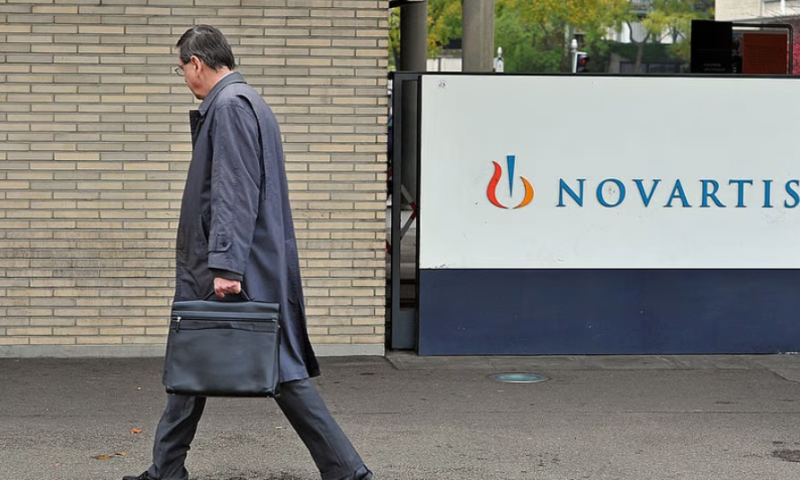The CD40 space has claimed another victim. One year after disclosing a kidney transplant flop, Novartis has stopped work on iscalimab in liver transplantation after a phase 2 trial delivered lackluster results.
Drug developers began pushing anti-CD40 candidates into the clinic more than 20 years ago, attracted by evidence of the costimulatory protein’s role in immune activation, but have suffered a series of setbacks. Novartis is among the companies to keep the faith, kicking off 13 clinical trials of its prospect over the past five years, but its potential path to market is narrowing.
The Swiss drugmaker slipped out news of the latest blow to iscalimab, also known as CFZ533, as part of its third-quarter results (PDF). According to Novartis, a phase 2 trial found the anti-CD40 antibody has a less favorable risk-benefit profile than tacrolimus, which Astellas Pharma sells as Prograf, in liver transplant patients.
Novartis began enrolling the 132-subject phase 2 trial in 2019 to evaluate whether iscalimab has better anti-rejection efficacy than the calcineurin inhibitor tacrolimus. The hope was that the candidate could reduce acute rejection, graft loss and death as well as potentially improve renal function while having a similar safety and tolerability profile to the incumbent drug.
With the phase 2 trial puncturing that hope, Novartis has discontinued the liver transplant program. The discontinuation, which comes 13 months after Novartis pulled the plug on a kidney transplant program, still leaves Novartis with multiple shots on goal for iscalimab.
Novartis continues to study the CD40 inhibitor in phase 2 trials in Sjögren’s syndrome, hidradenitis suppurativa, lupus nephritis and Type 1 diabetes. The 260-subject trial in Sjögren’s, an immune disorder that causes dry eyes and a dry mouth, is scheduled to report data this year. Novartis has penciled a filing for approval in Sjögren’s into its calendar for 2026 or later, although multiple data drops will need to go its way if it is to reach that point.
As part of the pipeline update, Novartis also disclosed the failure of a phase 2b trial in presbyopia, an eye aging condition that makes it harder for people to focus on close objects. Novartis paid $375 million upfront to pick up the drug, UNR844, in its 2016 takeover of Encore Vision, but, with the candidate failing to trigger a statistically significant dose response at Month 3, has scrapped the trial and the program.

